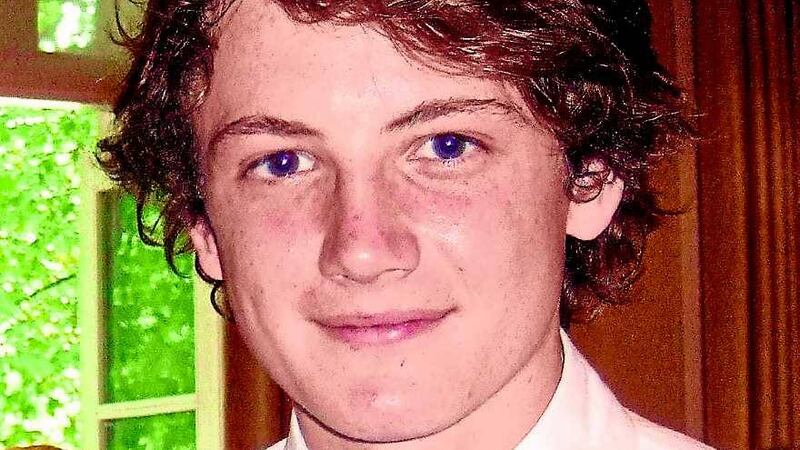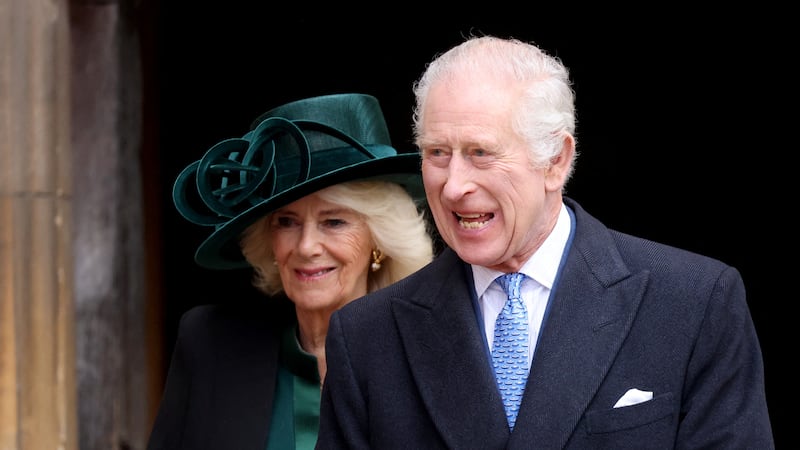THE mother of a schoolboy killed by a polar bear "would not have let him go" on the Arctic expedition without believing he would be properly protected, an inquest heard.
Horatio Chapple (17) was on an adventure holiday to the remote Svalbard islands in August 2011 with the British Schools Exploring Society (BSES) when he died.
The Eton pupil from Salisbury, Wiltshire, was sleeping in his tent when the bear went on the rampage, inflicting fatal injuries to his head and upper body.
Four others were hurt before the bear was shot dead at the camp site, where the group, known as Chanzin Fire, had been staying.
Horatio's parents, GP Olivia and surgeon David Chapple, told an inquest in Salisbury yesterday that they had been concerned about polar bear attacks before their son went on the trip.
They examined a risk assessment document with Horatio before he left for the expedition in July 2011 and believed a number of safety precautions would be in place to protect him.
Both parents understood Horatio would be equipped with a pen flare, with a working trip wire around his camp site and a weapon available to a trip leader in case of an attack.
However, the expedition did not have enough pen flares - devices which shoot flares up to 50 metres to frighten approaching bears - and only team leaders were equipped with them.
There were also a shortage of stakes for the tripwire, the device's trigger and tripwire itself - as well as mines to be situated around the perimeter of the camp site.
"We believed that the staff at BSES would do as they said and act responsibly to protect the children under their care," David Chapple told the hearing.
"We were never told the bear trip wires only sometimes work. The risk assessment refers to flares being available to all members of the expedition.
"If this had been implemented then Horatio would have at least had some time to defend himself other than with his bare hands."
Mr Chapple said a risk assessment suggested a bear watch would take place at the camp, adding to the measures of pen flares, trip wires, training and a weapon to protect the group.
A report by Sir David Steel published yesterday said BSES should have had a bear watch at the time of the incident, to provide the group with advanced warning of the bear.
Mr Chapple said he had previously discussed how to handle a polar bear attack with his son, following Horatio's training weekend with BSES in April 2011.
Horatio assured his parents they would use a "tough" German World War II weapon to shoot the bear, which was "quite difficult" to use but worked in the cold weather.
The inquest heard the threat of serious injury from a polar bear was assessed as being three on a scale of one to three - the highest - while risk of encountering a polar bear was two out of three.
"The steps within the section I believed at face value, that they were going to do as they had undertaken to do in the risk assessment," Dr Chapple said.
"Otherwise, no parent or nobody would want to go on an expedition where a risk was categorised as likely yet the planning wasn't there.
"I believed and trusted the things that were listed, otherwise I wouldn't have let him go."
Dr Chapple said she was "more anxious" than her husband and son and went through every detail in the risk assessment to reassure herself about the group's protection.
"I believed that the camp would be protected by trip wire. I was naive, I had no idea how a camp side should be set up at that stage.
"I didn't know there was the possibility that a trip wire may or may not work. I didn't know they were so fraught with difficulty."


